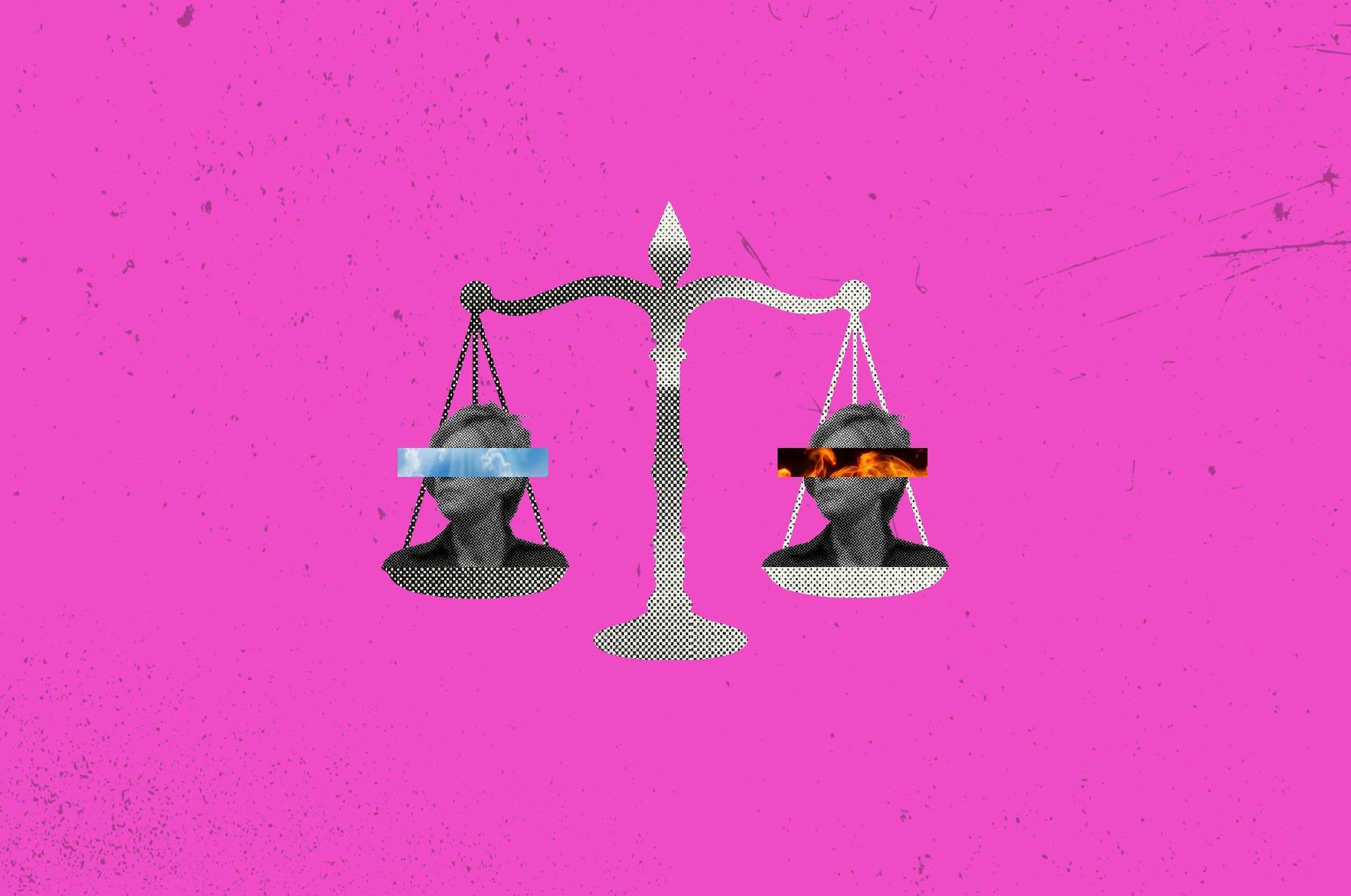
'Heather Cox Richardson Stole My Wife'Dec 10
one man’s account of how the prominent substacker helped radicalize his wife and blow up their marriage
Aug 8, 2023

A “research” center. Yesterday, in an incredible piece from the Washington Post, anti-technology activist Geoffrey Fowler blamed AI for providing the public — for the first time ever! — with the following: 1) a list of drugs that make you vomit, which I just googled and immediately found, 2) a description of “chewing and spitting,” an eating disorder, which I just googled and immediately found, and finally 3) “pro anorexia” images featuring naked bodies with protruding bones (“too disturbing to share,” Fowler breathlessly declared), which I just googled and immediately found. The purpose of Geoffrey’s piece is to lead the public to believe AI chatbots are disseminating information previously impossible to find, which will, if left “unfettered,” lead to your troubled daughter’s death. Another Monday at the Paper of… wait, what do we call the Washington Post again? Oh right, we don’t call.
But this isn’t about the Post. Fowler’s latest is only what I’ve come to expect from his employer, a once important American paper long lost to the black hole of our nation’s clown world culture war. His carefully placed spotlight on the Orwellian “Center for Countering Digital Hate,” the media’s favorite new “research” facility, did however pique my interest. The name’s become a favorite of the professional hall monitors, cited constantly, and often shrouded in a kind of scientific language, as if the group is producing new, irrefutable knowledge. A serious institution. The good guys.
So anyway I googled them.